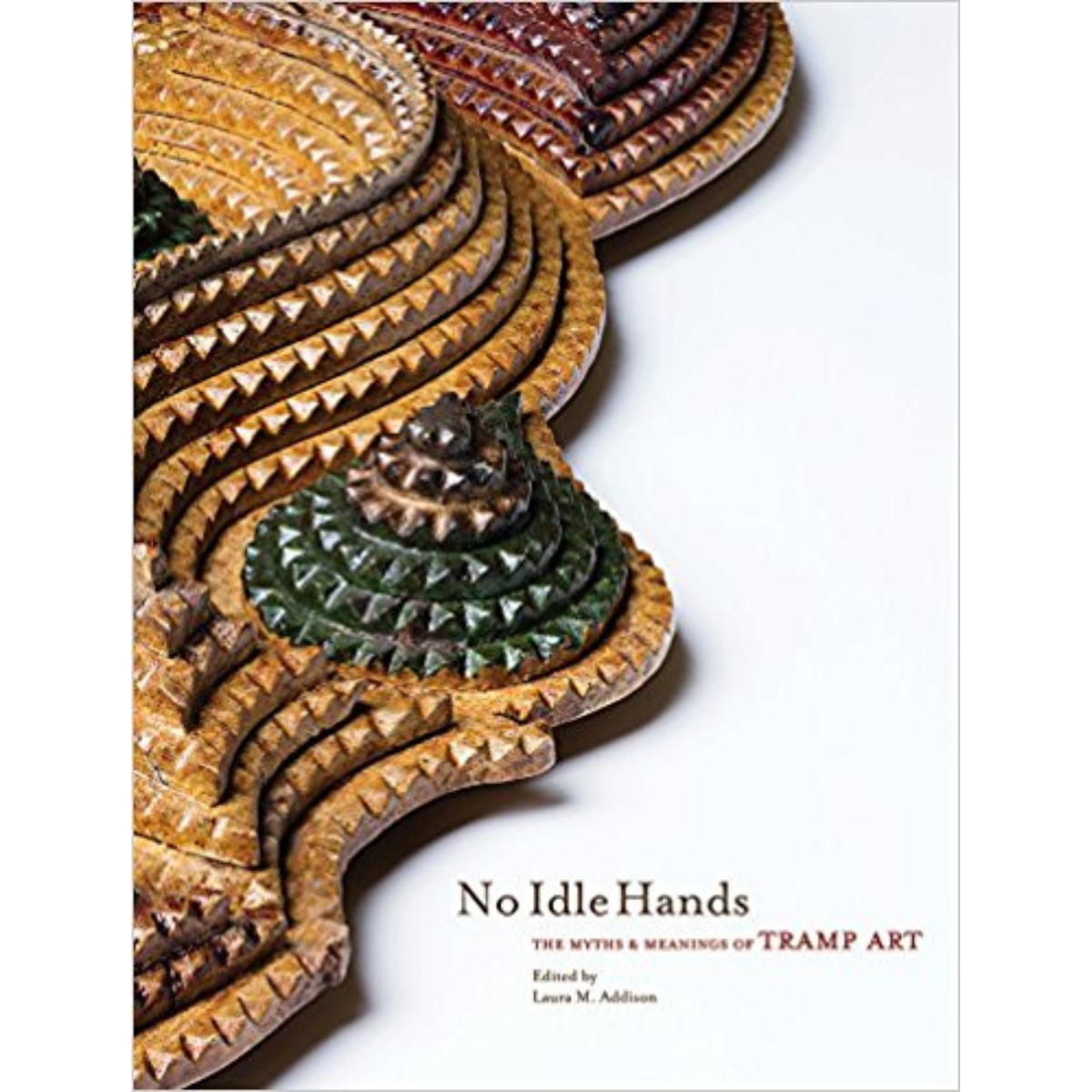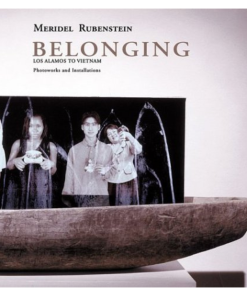No Idle Hands: The Myths & Meaning of Tramp Art U of Chicago Press
$ 50,00 $ 30,00
Tramp art describes a particular type of wood carving practiced in the United States and Europe between the 1880’s and 1940’s in which discarded cigar boxes and fruit crates were notched and layered to make a variety of domestic objects. These were primarily boxes and frames in addition to small private altars, crosses, wall pockets, clock cases, plant stands, and even furniture. Whittling objects such as chains and ball-in-cage whimsies was a common hobby―including among rail-riding “hobos”―and for many years “tramp art” was believed to have been made by these itinerants as well. Although this notion has been widely dispelled, the name has stuck. In recent years efforts have been made to identify makers by name and reveal their stories. While some examples of tramp art may be attributed to itinerants, this carving style was more commonly a practice of working-class men creating functional objects for their households.
No Idle Hands presents more than one hundred and fifty tramp art objects collected mainly from the United States and also including pieces from France, Germany, Switzerland, Scandinavia, Canada, Mexico, and Brazil―demonstrating the far reach this art form has had. It includes works by contemporary artists, thus establishing tramp art as an ongoing folk art form rather than a vestige of the past. The pieces reproduced here reveal an artistic and intricate sensibility applied to each handcrafted piece. Essays consider assumptions about tramp art related to class, quality, and the anonymity of its makers and examine this practice through the lens of home and family while tracing its relationship to the tobacco industry. The book will cultivate an appreciation of an art form that is as thought-provoking as it is enduring.
Fast Shipping and Professional Packaging
Because of our long-standing partnership with UPS, FedEx, DHL and many other leading global carriers, we can provide various shipping options. Our warehouse staff is highly trained and will pack the items according to our exact and precise specifications. Before shipping, your goods will be thoroughly examined and secured. We deliver to thousands of customers every day from all over the world. This is a sign of our dedication to being the largest online retailer worldwide. There are distribution centers as well as warehouses located in Europe as well as the USA.
Note: Orders with more than one product are assigned a specific processing period dependent on the particular item.
Before shipping, we will examine the items ordered carefully before shipping. The majority of orders are shipped within 48 hours. The time to deliver varies from 3-7 days.
Returns
The stock is constantly changing and cannot be fully controlled by us due to the involvement of many parties including the factory and our warehouse. This means that the actual stock could alter at any time. Be aware that it is possible that your order could be out of stock after you have made the order.
Our policy lasts thirty days. If you haven't received your item within 30 days, we're unable to offer the option of a refund or exchange.
You are able to return an item when it's unopened and is in the same condition as when you first received it. It should also be returned in its original packaging.
Related products
Books












































